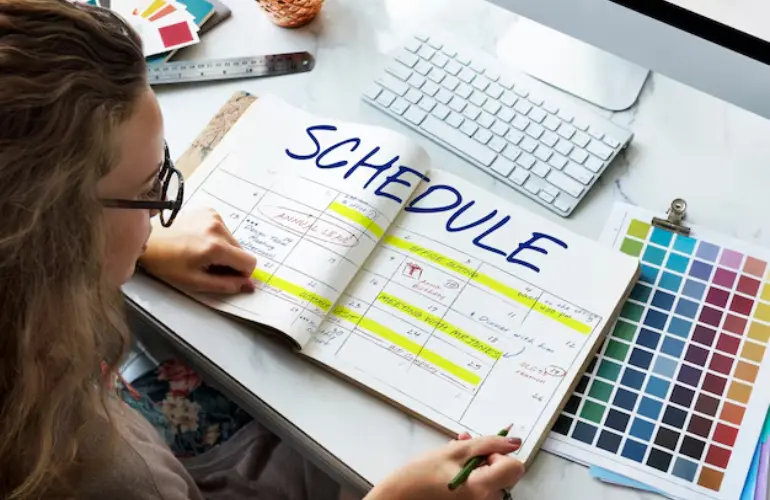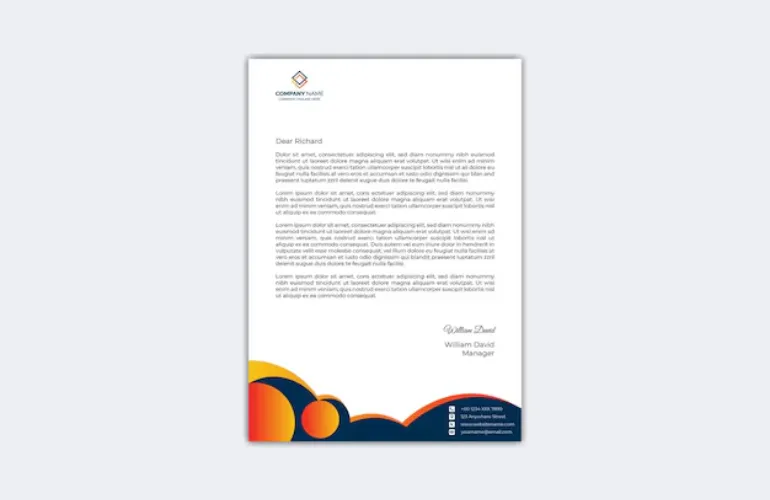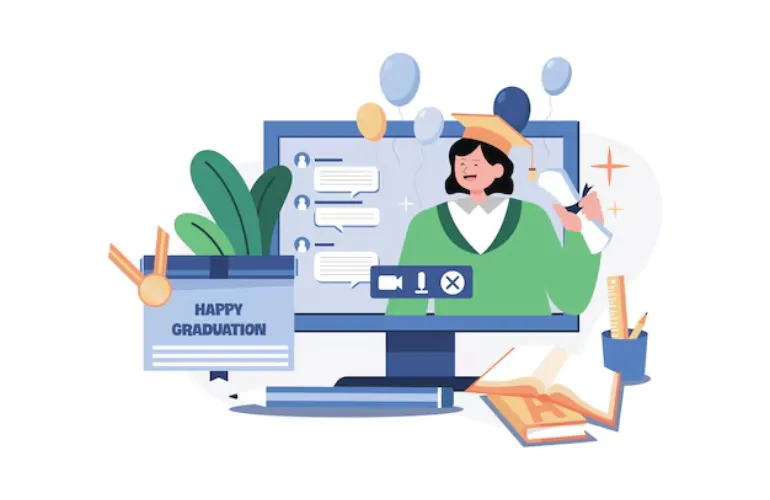A good Student Education Plan (SEP) acts like a map, showing students the way through their school journey. By using an SEP, students can set clear goals, stay on track, & achieve what they want. In this article, we’ll explain what an is, why it’s important, and how you can get your SEP. Plus, we’ll offer helpful references to support you along the way.
What’s a Student Education Plan (SEP)?
A Student Education Plan (SEP) is a personalised guide made to help students navigate their educational path. It lists the courses and steps needed to reach academic goals, making sure students are heading in the right direction. An SEP considers a student’s career goals, academic strengths, and personal interests, making it a tailored plan for success.

Usually, an SEP gets created with the help of academic counsellors or advisors. These experts know what different programs need & offer great advice. Working together makes sure the plan is both realistic and doable fitting with a student’s long-term goals.
Why is a Student Education Plan?
Having an SEP is crucial for many reasons:
Clarity and Direction: SEP gives a clear outline of the courses to take each semester. This clarity avoid unnecessary classes, saving time and money.
Goal Setting: With defined academic career goals, an SEP keeps students focused and motivated. It pushes them to about the future and take active steps towards dreams.
Time Management: A structured plan helps students manage time better. They balance schoolwork with extracurricular activities & personal commitments.

Resource Utilization: An makes sure students use available resources like advising, tutoring services & career counseling. These resources boost academic performance.
Adaptability: An SEP isn’t set in stone If goals or situations change, the plan can be updated. This keeps progress graduation on track.
How Do You Get an SEP?
Getting an SEP involves key steps:
Meet with an Academic Counselor: Start by scheduling a meeting with academic counselor. They help create personalized plans that fit your & career goals.
Discuss Goals and Interests: During the meeting, talk about your interests, career goals & any concerns. This info is key to making a plan that suits you.
Review Program Requirements: The counselor will check what your program needs—core courses, electives & prerequisites—to ensure your plan fits graduation requirements.
Create the Plan: Based on your talk, you and your counselor will make a detailed plan outlining courses for each semester. The plan will also have milestones and deadlines to keep you on track.
Regularly Update the Plan: An SEP isn’t static. Meet regularly with your counselor to review & update it as needed so it stays relevant to your evolving goals.
Quality References to Boost Your SEP: To make the most of your Student Education Plan, use quality references & resources:
LAVC Counseling Services: Offers comprehensive services including help creating and updating your SEP.
College and University Websites: Many schools have dedicated advising pages with tools for developing an SEP.

Career Counseling Services: These can help align your SEP with long-term career goals too
Online Academic Planning Tools: Various online tools & apps help create/manage SEPs with features like course scheduling and goal tracking.
FAQs
1. What is a Student Education Plan (SEP)?
A (SEP) is a personalized academic plan that outlines the courses and steps a student needs to take to achieve their educational and career goals. It is created in collaboration with an academic counselor and tailored to the student’s interests, strengths, and aspirations.
2. Why is this Plan important?
An SEP provides clarity and direction, helping students stay focused on their goals. It ensures that students take the necessary courses in the correct sequence, which can save time and money. It also helps with time management and resource utilization, making the academic journey more efficient and effective.
3. How can I get a Student Education Plan?
To get an SEP, students should schedule a meeting with an academic counselor. During this meeting, they will discuss their goals and interests, review program requirements, and create a detailed plan outlining the courses to be taken each semester. Regular updates with the counselor are recommended to keep the plan aligned with the student’s evolving goals.
4. Can I update my Student Education Plan?
Yes, an SEP is a flexible document that can be updated as needed. Students should meet with their academic counselor regularly to review and make any necessary adjustments to the plan, ensuring it remains relevant and aligned with their goals.
5. What resources are available to help me with my SEP?
Students can utilize various resources to enhance their SEP, such as academic and career counselling services, online academic planning tools, and university websites that offer dedicated pages for academic advising. Additionally, leveraging resources like LAVC Counseling Services can provide valuable support in creating and updating the SEP.
6. What should I discuss with my academic counselor when creating an SEP?
When creating an SEP, students should discuss their academic interests, career aspirations, any specific concerns, and their strengths and weaknesses. This information will help the counselor tailor the plan to the student’s needs and goals, ensuring a comprehensive and achievable SEP.
7. How often should I review my SEP?
It is recommended to review your SEP at least once per semester or whenever there are significant changes in your academic or career goals. Regular reviews with your academic counsellor will help keep the plan on track and make any necessary adjustments.
Conclusion
A well-thought-out Student Education Plan is super valuable for achieving success both academically and personally. Providing clarity & structure, an SEP keeps students on course toward their goals. Whether starting out or improving an existing plan, taking time to create/update an SEP can make a big difference. Using quality references and resources ensures your plan is effective & aligned with your dreams. Begin today by meeting an academic counsellor—take that first step towards a successful future!





